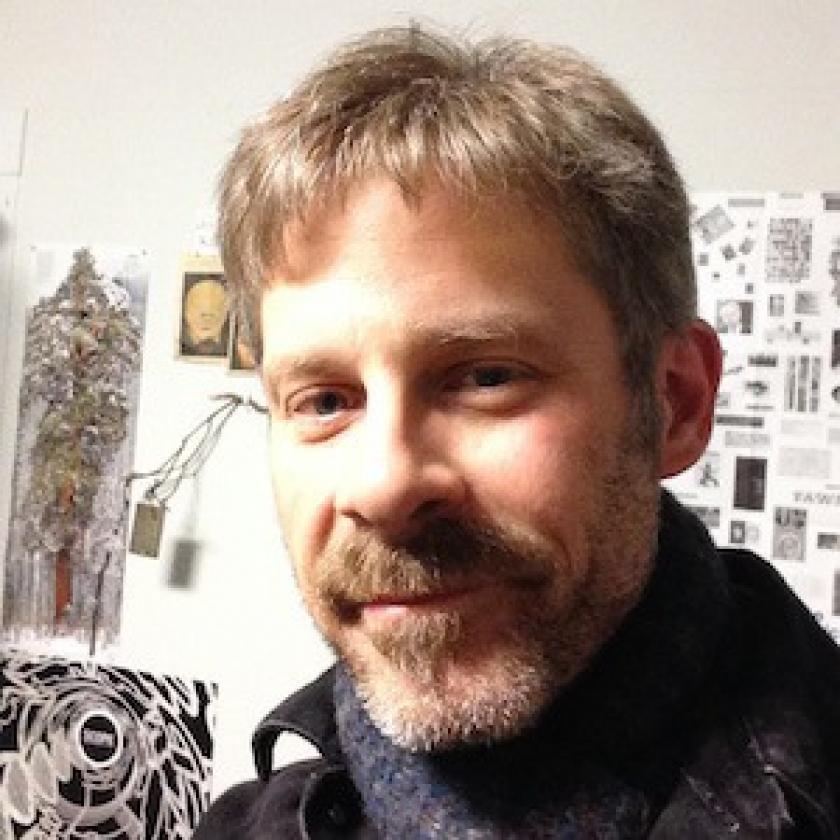Otlet Lecture in Library and Information Science: Matthew Battles

 Matthew Battles will deliver the 2017 Otlet Lecture on Tuesday, April 25, at the iSchool. The lecture will begin at 3:30 p.m. in Room 126 and will be streamed online and recorded. A reception will follow in the East Foyer.
Matthew Battles will deliver the 2017 Otlet Lecture on Tuesday, April 25, at the iSchool. The lecture will begin at 3:30 p.m. in Room 126 and will be streamed online and recorded. A reception will follow in the East Foyer.
In his lecture, "Data and Deep Time: Addressability in a Dappled World," Battles will address the following:
In the era of big data, we want to believe that all things, all the phenomena of the world, are documentable, trackable, addressable. This ideology is captured by Jeffrey Pomerantz in his book Metadata for the MIT Press Essential Knowledge series, where he writes that "[i]t's metadata's world. You're just living in it." This talk will probe the limits of that assertion. For despite big data's wonted ubiquity, the world is dappled: there are patches where addressability shines brightly, and zones where people and things move and shift without address. By looking at the fate of human artifacts in deep time—stretching over epochs beyond even the scope of written history—we might find clues to what happens, and what is possible, beyond the edges of the data we keep.
Battles is associate director of metaLAB at Harvard University, where he develops design interventions, media provocations, and technology projects in collaboration with a team of architects, web designers, scholars, and artists. He has written about the cultural dimensions of science and technology for such venues as The American Scholar, The Atlantic, The Boston Globe, Harper’s Magazine, and The New York Times. His book Library: an Unquiet History (W. W. Norton, 2003) is available in eight languages worldwide, and he is coauthor with Jeffrey Schnapp of The Library Beyond the Book (Harvard, 2014). His newest book, a material and cultural history of writing, Palimpsest: A History of the Written Word, appeared in 2015 under the Norton imprint.
The Otlet Lecture features select scholars who are leaders in the field of library and information science. Endowed jointly by Emeritus Professor W. Boyd Rayward and Eugene Garfield, it honors the career of Paul Otlet (1868-1944), a Belgian lawyer, bibliographer, internationalist, and pacifist who spent his life building experimental “knowledge” institutions that he hoped might facilitate global access to information in a range of new formats.